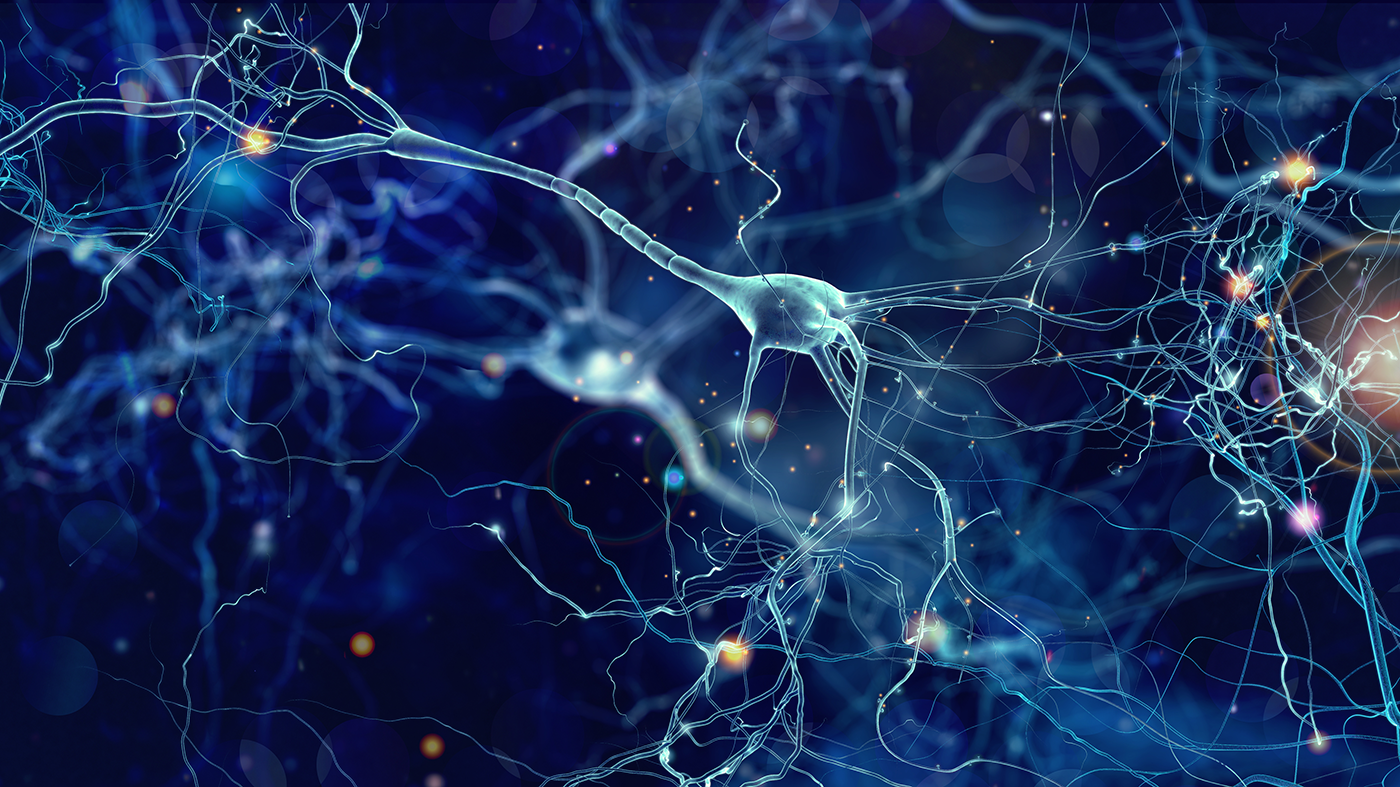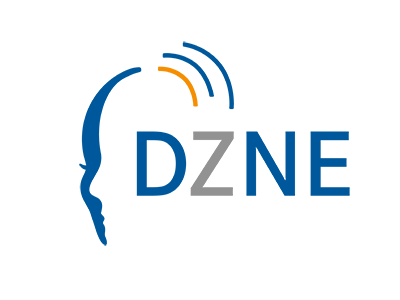The Rhineland Study is conducted by the German Center for Neurodegenerative Diseases e.V. (DZNE). The DZNE was founded in 2009 as a member of the Helmholtz Association and the first member of the German Centers for Health Research (DZG). Today, it consists of ten sites – Berlin, Bonn, Dresden, Göttingen, Magdeburg, München, Rostock/Greifswald, Tübingen, Ulm and Witten – and pools expertise distributed nationwide within a single research institute. More than 1,100 professionals collaborate to understand the causes of diseases of the brain and the nervous system and to find novel approaches for effective prevention, therapy, and patient care. Worldwide, the DZNE is one of the largest research institutes dedicated to these topic. It is funded by the German Federal Ministry of Education and Research (BMBF) and by the federal states in which DZNE sites are located**). The DZNE is involved in the implementation of the National Dementia Strategy for Germany.
DZNE
Understanding neurodegenerative diseases, deciphering causes, developing therapies

Fading NEURONS
The common trait of the diseases researched by DZNE is “neurodegeneration”, a term that refers to a progressive decline and loss of neurons. Depending on which area of the nervous system is affected, neurodegeneration can lead to dementia, trigger movement disorders, or massively impair health in other ways. Examples include Alzheimer’s disease, frontotemporal dementia, childhood dementia, Parkinson’s disease, Huntington’s disease, amyotrophic lateral sclerosis (ALS), spinocerebellar ataxia, and age-related macular degeneration.
Transfer to application
Research at DZNE aims at preventing neurodegeneration and significantly improving the quality of life of affected individuals. Thus, the DZNE dedicates its efforts towards all aspects of neurodegenerative diseases – from molecular mechanisms to health care and patient care. In order to cover this wide range of topics, the DZNE pursues an interdisciplinary scientific strategy that includes various interlinked areas of research: DZNE scientists work together across disciplines and sites, so that new findings can be rapidly transferred into practical application. Within this “translational” approach, DZNE collaborates with universities, university hospitals, research institutes and research-driven companies – both in Germany and worldwide.
FOR HEALTHY AGING
In population research, scientists are looking for causes and risk factors: Why are some people more susceptible to neurodegenerative diseases and others remain healthy into old age? Moreover, they investigate what happens when the demographic composition of society changes.
For the first question - which involves the search for risk factors - the researchers are looking for answers with the help of the Rhineland Study, among others. It is one of the most innovative and largest population studies worldwide, involving more than 20,000 adults from Bonn and the surrounding area: Over decades, their health development is precisely recorded and documented. Every three years, every single participant is examined for seven hours, from questions about lifestyle to cognitive tests and blood and urine samples to a brain scan in a magnetic resonance scanner. From these many thousands of snapshots, the scientists piece together a picture of how hereditary predispositions, lifestyle habits and environmental influences interact when neurodegenerative diseases develop.
A second focus is demographic research. Here, social science methods are used to investigate, for example, what the consequences are when the proportion of patients with neurodegenerative diseases increases in an ageing society.
** The Free State of Saxony requests the disclosure of the following information: “This measure is co-financed by tax revenue based on the budget passed by the Saxon Parliament.”
